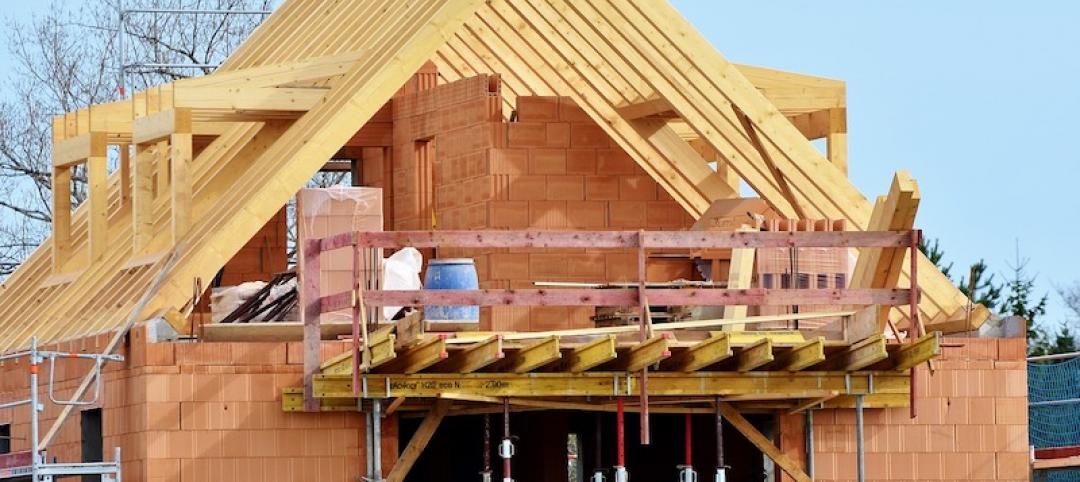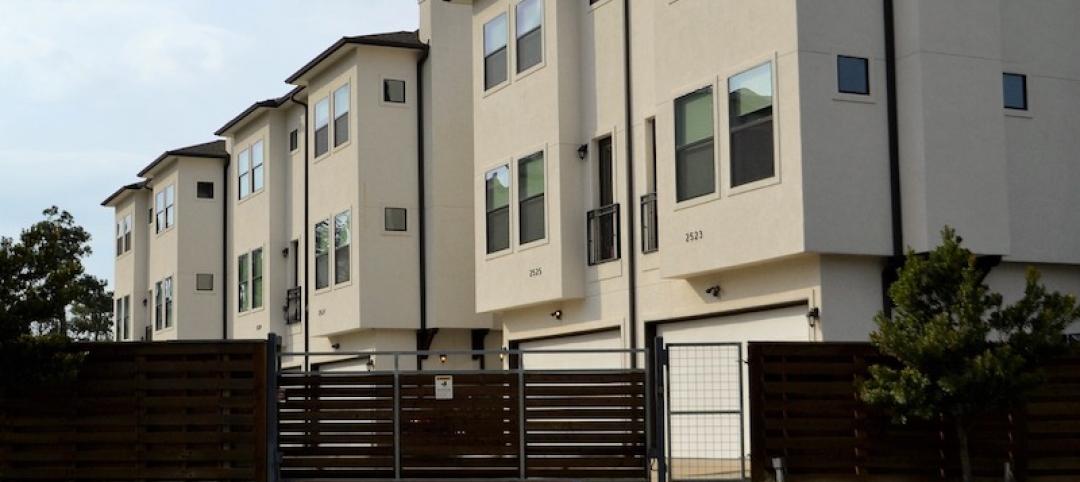Commercial property owners should commit to greenhouse gas (GHG) reduction—a strategy that reaps financial benefits and prevents buildings from becoming stranded assets, according to an energy efficiency consultant writing in GlobeSt.
A systematic drive to reduce emissions across the portfolio will garner savings on energy and water, as well as on levies for exceeding carbon emissions standards enacted by local governments. Decarbonization can avoid “stranded assets … properties that will be exposed to the risk of early economic obsolescence due to climate change because they will not meet future regulatory efficiency standards or market expectations.”
The first step is to set minimum standards for the entire portfolio and efficiency goals for individual properties. Portfolio standards could be performance based (e.g., 10% reduction of all assets by 2030), or prescriptive based (e.g., 100% LED lighting at all assets by 2025).
An energy and water audit, a comprehensive analysis of the property’s energy and water consumption using the ASHRAE Energy Audit Standards, should be conducted at each site. The audit measures energy and water usage, identifies property conditions that may cause excessive use, and provides efficiency measures to improve energy and water efficiency.
Other GHG reduction measures include building automation and controls, retro-commissioning, sourcing green energy from utilities, fully electrifying buildings, and integrating renewable energy systems into the property.
Related Stories
Codes and Standards | Nov 11, 2019
U.S. hotel construction pipeline continues its year-over-year growth
In its eighth consecutive quarter of growth, projects currently under construction stand at 1,729 projects/235,278 rooms.
Codes and Standards | Nov 11, 2019
New retrofit design guide for metal roofing published
Metal Construction Association document provides best practices for re-roofing with metal.
Codes and Standards | Nov 8, 2019
New York City among the top hotel construction pipelines in the United States
Hotels presently under construction are at 102 projects/17,504 rooms.
Codes and Standards | Nov 7, 2019
Group focused on using AI for construction safety gains key members
Major contractors join partnership to share data to predict hazards, incidents.
Codes and Standards | Nov 6, 2019
Undisclosed ICC agreement with NAHB alleged to thwart more stringent efficiency codes
Homebuilders’ seats on ICC made it easier to block new provisions, report alleges.
Codes and Standards | Nov 4, 2019
ASHRAE releases new version of energy efficiency standard for buildings
Standard 90.1 includes revisions of envelope, lighting, HVAC provisions.
Codes and Standards | Nov 1, 2019
Resiliency of a community’s housing stock can be measured according to new benchmark
Metric can help municipalities prepare for disasters.
Codes and Standards | Oct 31, 2019
FEMA, ICC release updated guide on integrating I-Codes into floodplain management regulations
Provides advice on satisfying requirements for the National Flood Insurance Program.
Codes and Standards | Oct 30, 2019
ILFI releases new version of Living Building Challenge Framework for Affordable Housing
Document includes updated findings, case studies, new strategies for financing, designing, building affordable housing.
Codes and Standards | Oct 28, 2019
U.S. military demands landlords address health hazards in troop housing
Air Force threatens formal dispute process.

















